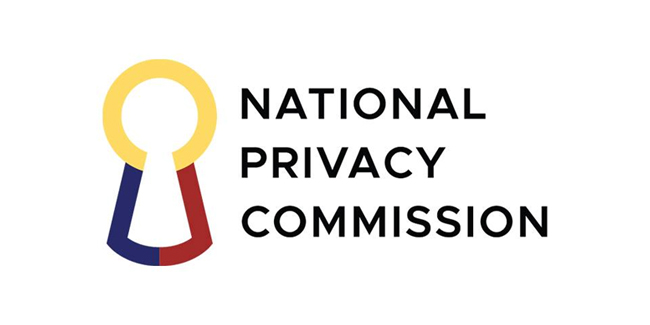Banks and fintech companies will freeze the accounts of text scammers, according to NPC.
NPC — The National Privacy Commission said that banks and financial technology (fintech) companies will freeze the accounts of text scammers.

According to a report on Inquirer, NPC Chair Raymund Liboro said in a phone interview that banks and fintech firms such as GCash will try to freeze the accounts of scammers and their accomplices.
This was part of the measures in order to stop the SMS scams currently pestering mobile phone users in the Philippines.
The NPC chair also said that in the case of digital wallet GCash, the company had already implemented the 72-hour quick-freeze policy. According to Liboro, it was easier to freeze the accounts of text scammers in the case of mobile-linked digital wallets because the mobile phone number was also the account number as well.
Liboro added that the National Privacy Commission’s direction was for everyone to work toward cutting the scammers’ financial bloodline by freezing their bank accounts, as well as those of their so-called “money mules” or people who allowed the scammers to use their bank accounts as depositories of the stolen money in exchange for a fee.
The NPC chair said that everyone must work toward “cutting the head” as well as “cutting the tail”.
READ ALSO: BAP Tells Public To Keep Bank Account Information Secure, Confidential
Liboro also noted that 40 suspicious domains had been blocked by Smart Communications since Tuesday.
Likewise, the host of some of the spammers had been traced by the telcos — one was based in China and another one was based in India — bolstering the NPC’s earlier statement that the spate of spam messages had been perpetrated by a global criminal syndicate.
After meeting with telecommunication companies, e-commerce sites such as Shopee and Lazada, and financial institutions, Liboro said that the National Privacy Commission would next summon data aggregators, an industry that may have contributed to the text scam phenomenon.
Liboro was also asked how scammers were able to use the telco infrastructure.
According to the NPC chair, one possibility was via data aggregators, usually research companies commissioned in order to gather contact data from multiple sources. In turn, the companies tapping their services used the data in order to boost their sales, or for research and development and marketing activities.
Liboro also said that the criminals could have used the services of some data aggregators in getting hold of thousands of mobile phone numbers, adding that the data aggregators would be summoned in order to shed light on the SMS scam phenomenon.
For more news and updates, you may feel free to visit this site more often. You may also visit Newspapers.ph via our official Facebook page and YouTube channel.
